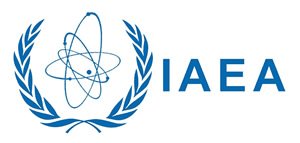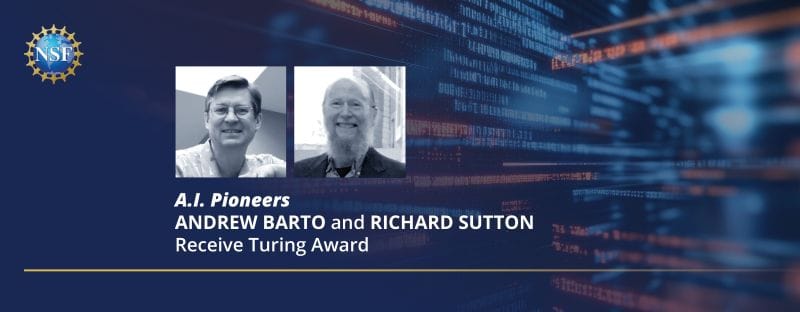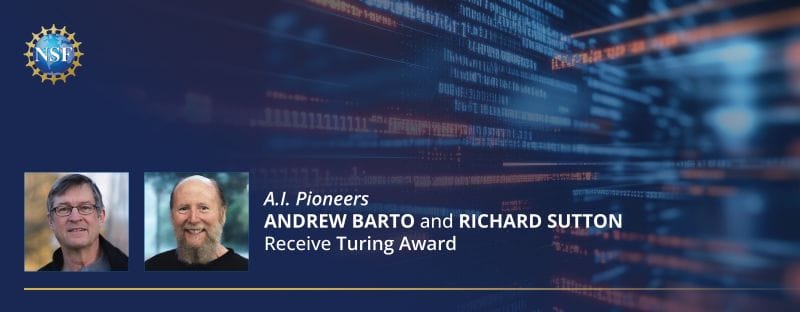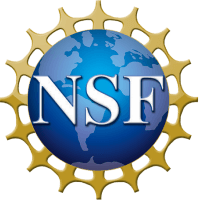RSS feed source: International Atomic Energy Association--Nuclear & Radiological Events
Stolen Radiography Camera
Print View Posted on: 07 March 2025
Event Date: 27 February 2025 Event Type: Radiation Source Event Location: United States of America, Kernersville, North Carolina / IQS Inspections INES Rating: 2 (Provisional)
On 27 February 2025, a radiography camera containing 2.738 TBq (74 Ci) of Ir-192 was reported stolen from a licensee’s truck. On 26 February 2025, the radiographer stayed the night at a hotel in Kernersville, NC and discovered the next morning that the camera was missing. The radiographer had not followed approved procedures for securing the camera. They immediately notified North Carolina state authorities and local law enforcement. A search of the area was performed but the device could not be located. Hotel surveillance camera footage was reviewed but did not provide any useful information. North Carolina Department of Health and Human Services issued a press release (https://www.ncdhhs.gov/news/press-releases/2025/02/28/ncdhhs-issues-alert-missing-radioactive-material-triad-area) to warn the public of the potential danger of the device and to contact authorities if it is found or anyone has knowledge of its location. North Carolina state regulators and law enforcement investigations are ongoing. Based on activity, the source involved was Category 2.
NRC EN57574
Click this link to continue reading the article on the source website.



